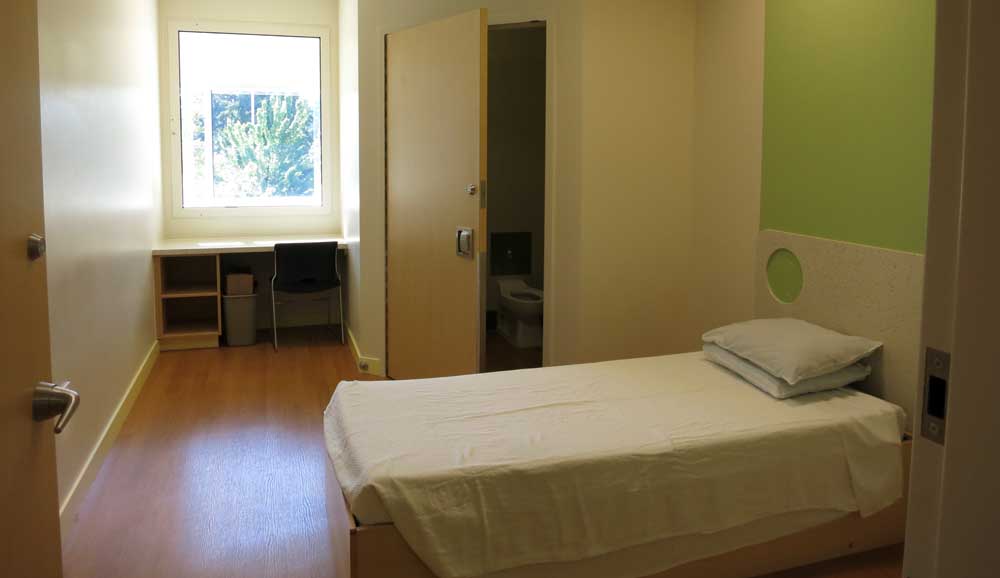Commentary: Venezuela has come to resemble a lower level of Dante’s Inferno
Published 12:00 am Monday, February 5, 2018
Editor’s note: The writer is addressing the question, “Is U.S. foreign policy largely responsible for Venezuela’s crumbling economy?”
On Jan. 24, former major league baseball player Marcos Carvajal died of pneumonia. The common respiratory infection should not have killed him.
But Carvajal was in Venezuela, a country where more than three-quarters of all public hospitals lack basic medicines.
Venezuela’s health care system is supposed to be one of Hugo Chavez’s greatest legacies.
A New York Times expose of Venezuela’s mental health facilities found a system in chaos, with patients routinely going without medication, food, hygienic products and even electricity.
Venezuela already suffers the world’s highest inflation rate, and the International Monetary Fund projects it will skyrocket to 13,000 percent by year’s end. IMF also estimates the economy will contract 15 percent during that period.
Food is largely unavailable and unaffordable for many. Long lines into near-empty supermarkets are common, as are stories of the Venezuelan military trafficking food in a starving nation. The daily Basic Food Basket now costs the equivalent of three daily minimum wages.
Oil, Venezuela’s prime source of revenue, can no longer salvage the economy. A crumbling infrastructure and the replacement of industry professionals with party loyalists has led oil production levels to plummet from more than 3 million barrels per day in the late 1990s to 1.8 million last year.
Venezuela is now Latin America’s most homicidal nation. Last year, 89 of every 100,000 Venezuelans were murdered — a rate 20 times that of the U.S. The capital city, Caracas, registered 130 murders per 100,000 people.
Venezuelan police and national guardsmen have become political enforcers used by President Nicolás Maduro to squash dissent. Anti-government protests were common last year, with hundreds of thousands of Venezuelans demonstrating throughout the country. In response, government security forces killed 163 protesters and imprisoned thousands.
Finding a solution within the current political system is nearly impossible. Maduro and his party loyalists control virtually all levers of power. The July elections were fraudulent to the core.
All 545 candidates “elected” to the National Constituent Assembly were handpicked members of the ruling Socialist Party.
Cabello is not the only narco-affiliated government official in power. Last year the U.S. Treasury Department fingered Vice President Tareck El Aissamid as a Specially Designated Narcotics Trafficker, pursuant to the Foreign Narcotics Kingpin Designation Act.
Last December, a U.S. court sentenced two nephews of Venezuela’s first lady to 18 years in prison for attempting to sell 1,700 pounds of cocaine to undercover DEA agents. Venezuela’s ruling party has essentially turned the country into a narco-trafficking hub for regional cartels.
There is no question that Venezuela’s revolution has failed its people. The big question is: What can the international community do to hasten a return to democracy?
In the past year, the U.S. and various Latin American countries have ramped up pressure on the regime. The U.S. has sanctioned more than 50 corrupt government officials and barred Venezuela from selling its oil debt in the U.S.
These actions have increased the strain on Maduro and his cronies, but more must be done.
— Ana Quintana is an analyst at The Heritage Foundation’s Allison Center for Foreign Policy Studies, specializing in Latin American issues.







